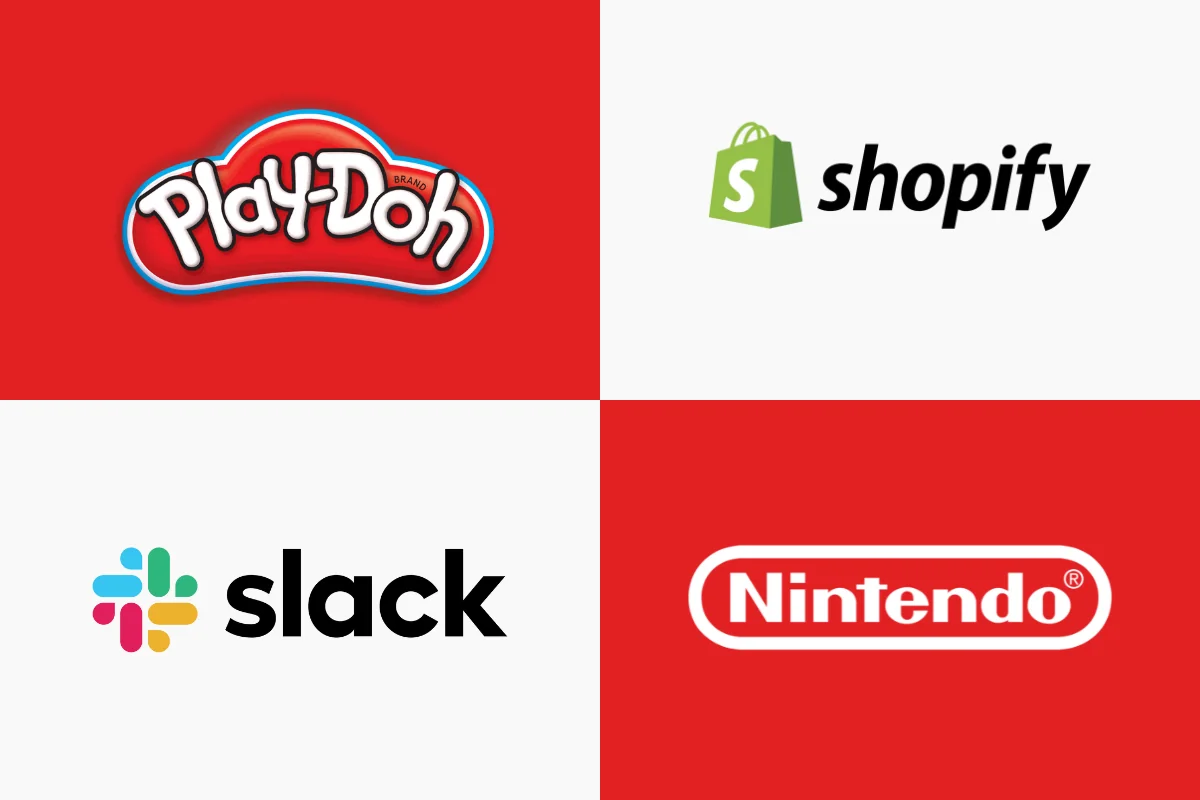Disruption promises progress, but unchecked ambition often leaves casualties in its wake. From gig workers trapped in poverty cycles to AI tools that perpetuate racial bias, some industries crossed ethical lines in the name of “progress.” Here are five cautionary tales of disruption gone wrong—and how to avoid repeating their mistakes.
1. AI Healthcare: When Algorithms Amplify Bias
The Disruption: AI promised to democratize healthcare, but flawed algorithms deepened inequalities.
Real-World Failures:
- Racial Bias: A 2019 Science study found an AI system used in U.S. hospitals was less likely to recommend care for Black patients.
- Misdiagnoses: IBM’s Watson for Oncology faced backlash for unsafe cancer treatment recommendations.
Ethical Lesson:
AI must augment—not replace—human judgment. The EU’s AI Act now mandates transparency in medical algorithms.
2. Gig Economy: Exploitation Masked as Flexibility
The Disruption: Platforms like Uber and Deliveroo redefined work but eroded labor rights.
Documented Harm:
- Subminimum Wages: A 2020 Economic Policy Institute study found Uber drivers earn 37% less than minimum wage after expenses.
- Algorithmic Firing: Workers report sudden deactivations without recourse (Human Rights Watch, 2021).
Ethical Lesson:
The EU’s 2023 Platform Work Directive reclassified gig workers as employees, mandating benefits. Flexibility shouldn’t bypass dignity.
3. Social Media: Profiting from Mental Health Crises
The Disruption: Platforms like Instagram and TikTok optimized for addiction, not well-being.
Proven Consequences:
- Teen Mental Health: A 2021 Wall Street Journal investigation revealed Instagram worsened body image issues for 1 in 3 teen girls.
- Misinformation: Facebook’s own research (2021) showed its algorithms prioritized divisive content.
Ethical Lesson:
France banned algorithm-driven feeds for minors in 2023. Prioritize user health over engagement metrics.
4. Fintech: Predatory Lending Gets a Tech Facelift
The Disruption: “Buy Now, Pay Later” (BNPL) services like Klarna normalized debt for Gen Z.
Documented Risks:
- Debt Traps: A 2022 CFPB report found 1 in 5 BNPL users overdrafted their bank accounts.
- Targeted Exploitation: Apps like Dave and Earnin’ charged up to 300% APR disguised as “tips.”
Ethical Lesson:
Australia and the U.K. now regulate BNPL like credit cards. Transparency is non-negotiable.
5. EdTech: Widening the Digital Divide
The Disruption: Online learning promised inclusivity but excluded marginalized communities.
Proven Inequities:
- Access Gaps: UNESCO (2021) reported 46% of global students lacked internet access during COVID school closures.
- Data Exploitation: Proctorio’s invasive exam monitoring sparked lawsuits over privacy violations.
Ethical Lesson:
Kenya banned for-profit EdTech in public schools in 2022. Tech must complement—not replace—equitable infrastructure.
How to Disrupt Responsibly: A 5-Point Checklist
- Audit for Bias: Test algorithms with diverse datasets.
- Protect Workers: Partner with labor unions or adopt B Corp certification.
- Reject “Growth at All Costs”: Prioritize long-term ethics over short-term profits.
- Democratize Access: Ensure marginalized groups aren’t excluded.
- Advocate for Regulation: Self-police before governments intervene.
FAQs
Q: Can ethical disruption still be profitable?
A: Yes. Patagonia’s commitment to sustainability helped it quadruple revenue since 2018.
Q: What’s the biggest regulatory risk for disruptors today?
A: Data privacy violations. GDPR fines now exceed $1.3B annually.
Q: How do I balance innovation with ethics?
A: Adopt frameworks like IEEE’s Ethically Aligned Design.
True innovation uplifts—it doesn’t exploit. From California’s gig worker protections to the EU’s AI transparency laws, the future belongs to businesses that blend ambition with accountability.












